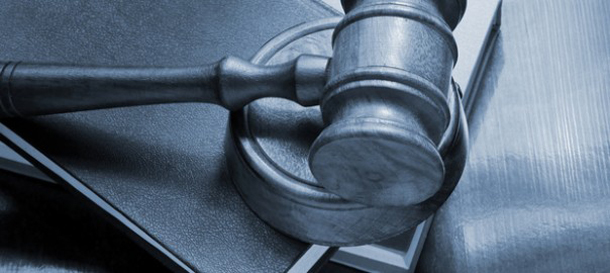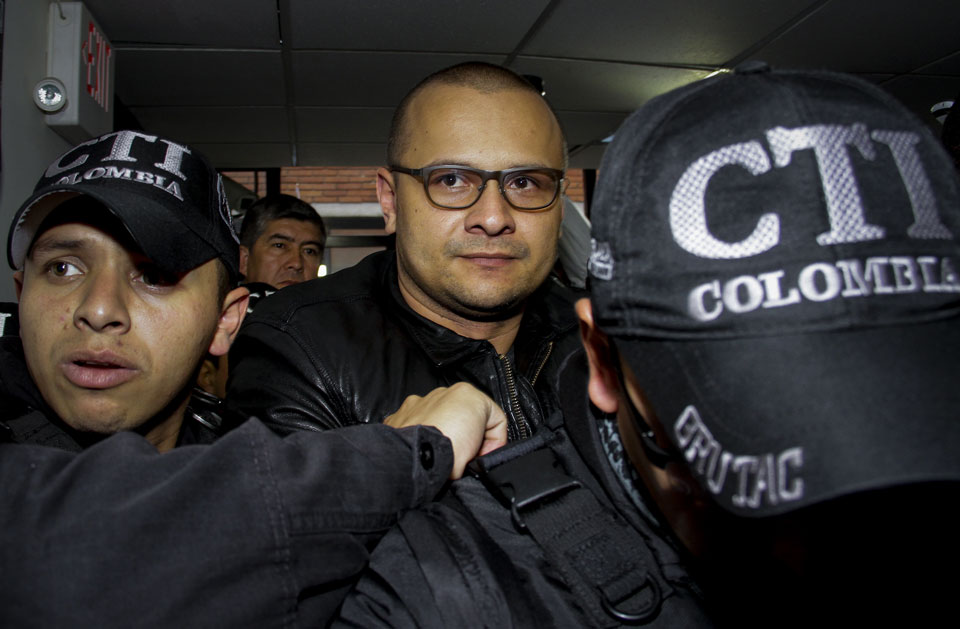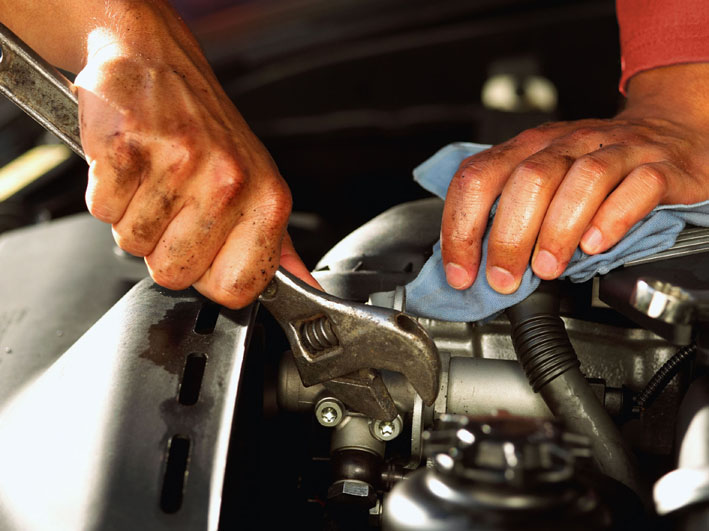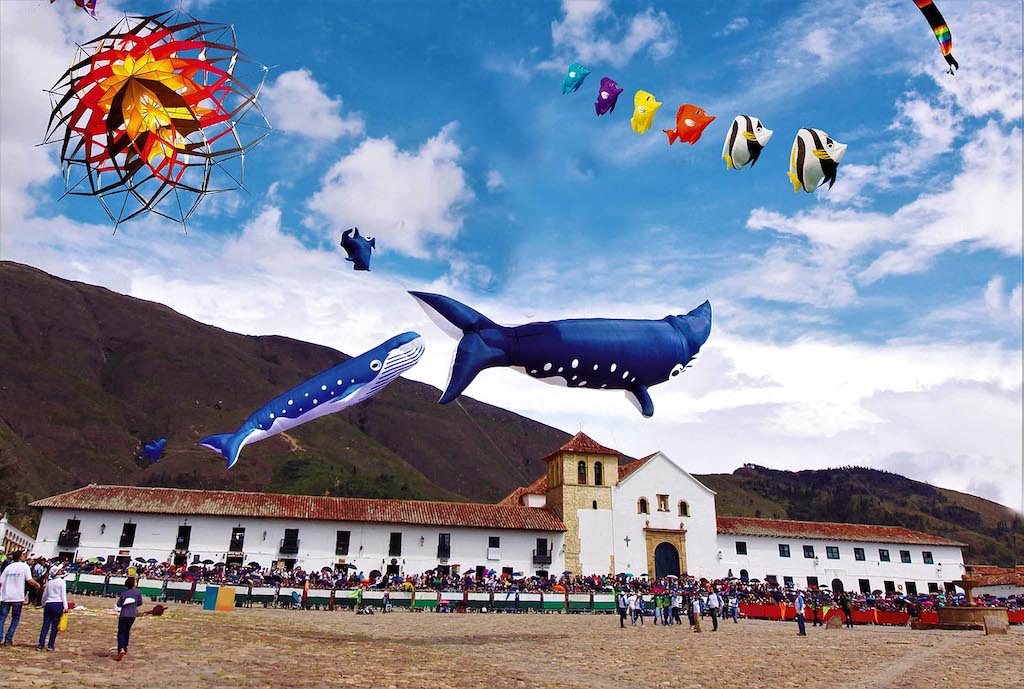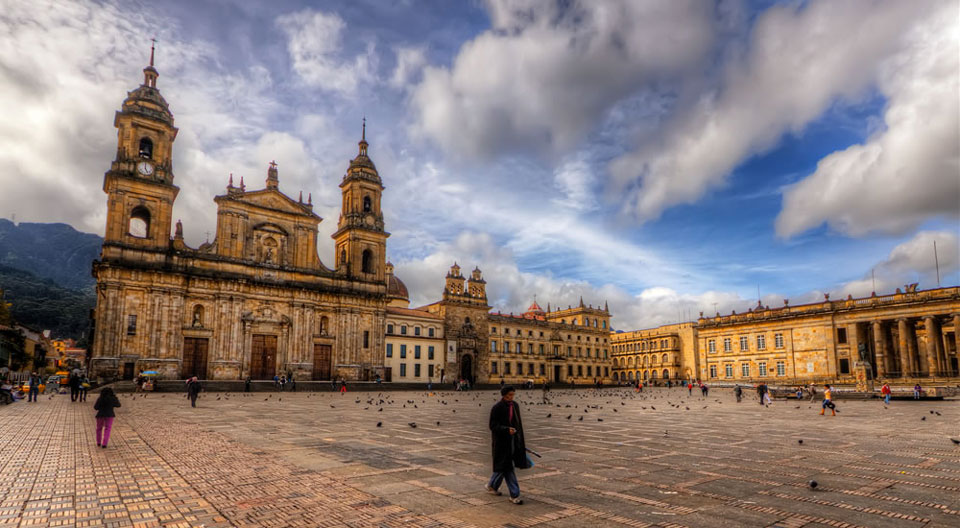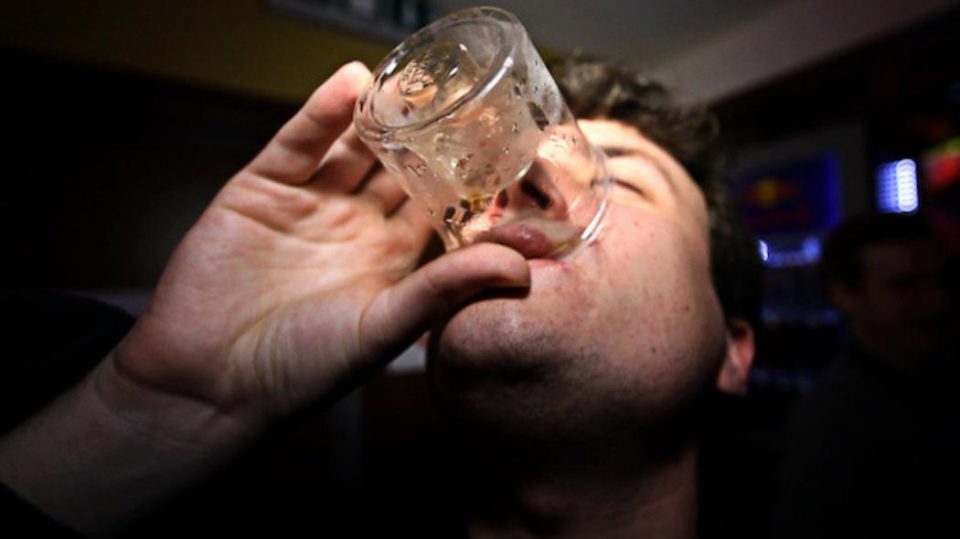
A chance meeting with a drunken paramilitary is a sobering experience.
In a departure from the regular Going Local feature that focuses on the idiosyncrasies of life in Bogotá, we’re going coastal where our gonzo columnist finds himself in an uncomfortable conversation with an inebriated former paramilitary on the coast.
My siesta at a friend’s place on the coast is interrupted by some guttural shouts of greetings as two guys stagger into the garden waving bottles of Irish whiskey.
“Oiga, corronchos, dónde hay la parranda?” yells one as he collapses into a rocking chair close by, opens a cooler box, extracts a block of ice then leans over to try and smash the ice onto a nearby log, a manoeuvre that ends with him, the rocking chair, the ice box, the ice, the bottle of whiskey and the log artfully rearranged on the grass. He laughs and sorts himself out as I rescue the bottle and brush dirt off the smashed ice. We fill some plastic glasses and toast, to costeños, to Colombia, to la parranda (the party) and to Irish whiskey.
None of us are quite sure where our new friends come from, if they are friends-of-friends or just passing neighbours, but who cares? The custom on the coast, particularly around New Year, is to meet, greet and share, and these guys have come crashing in with a welcome charge of raw energy – and several bottles of whiskey – to liven up our slow hot Sunday afternoon. The surprise is the whiskey. Who on the coast drinks Irish whiskey? Is it real?
“Fijáse, carajo,” says my new friend waving the bottle dangerously close to my face. Toño, as I will call him, is short, muscular and agitated. He waves his arms, sweating profusely, talking, drinking, huffing and puffing like a runaway steam train. He is, I quickly realise, wired to the eyeballs and as high as a kite on cocaine.
We drink some more, tell jokes, complain about devious people from the interior of the country (‘malditos cachacos’) and generally set the world to rights. All the time I am fascinated by the battle between whiskey and cocaine played out on his face and popping eyes which are one minute bright and intense, then dimmed and half-closed, then reignited as some new thought-strand takes hold and propels him into a new line of jokes and put-downs.
Then he leans across to me and whispers: “Soy narcotraficante, big time, last month I was in Dubai, the month before in New York.” He pauses and rocks back to see the impact of this revelation. Now, it’s my eyes that are popping. “I weigh the cash, too much to count,” he adds as a flourish.
Several thoughts crowd my mind. First, he might well be having a joke with me. Costeños aren’t always serious. Secondly, even if he is tomando el pelo (literally ‘taking the hair’ but more naturally, ‘pulling my leg’), making a habit of pretending to be a drug dealer is not going to go down well with the real drug dealers, who I suspect are quite common in this part of Colombia. Thirdly, if he really is a drug dealer someone should tell him to stop consuming his own product.
“Is it wise to be telling people about your work?” I say gently. “I mean, you don’t even know what I do.”
His eyes sharpen. “What do you do?” he asks.
“I work at the American Embassy, special assignments,” I reply. There is a silence. A cloud gathers over his face. Only joking, I say.
“No me jodas, no me jodas,” he is laughing now, and rocking backwards, and pouring more whiskey. We toast.
“Actually what do you do?” he asks. “Actually I am a journalist,” I reply. “N’ombre! No me digas! Sigues jodiéndome, sigues jodiéndome,” he laughs some more.
With some relief our chat shifts to safer ground: cars, films, Italian food and the price of vegetables. The afternoon wears on, people drift in and out, but then I am talking to Toño again and I sense he has another revelation for me. He leans over and grabs my arm with a surprisingly firm grip.
“Yes but I was a pecueca, a complete shit. I did really, really, bad things,” he says. His head has collapsed onto his chest, tears are forming in his eyes. Then he rocks forward, sobbing.
“I was a paramilitary,” he says. “I did some really bad things.” But now his voice has lost its bravado. The happy banter is gone. In the chemical battle for his brain, the whiskey is now winning. I feel uncomfortable, and a slight shiver as the sea breeze springs up and dries the sweat on my back.
“Yeah, well, I guess a lot of people got caught up in bad things in these parts. Hard to avoid,” I hear myself saying, as if counselling a friend caught with a bottle of wine they’d forgotten to pay for at the supermarket.
“Yes but I was a pecueca, a complete shit. I did really, really, bad things,” he says. His head has collapsed onto his chest, tears are forming in his eyes. Then he rocks forward, sobbing.
“Coloso, Carmen, El Tarra, Chengue…” He starts to list towns and villages where fifteen to twenty years ago massacres of civilians took place, perpetrated by paramilitaries alleged to be frequently colluding with state troops.
I had read some articles on these events: Chengue, where peasants were tortured, accused of collaborating with guerrillas, and had their heads crushed with hammers; El Carmen, where a congregation of evangelical Christians and their pastor were tortured and killed; El Tarra, in the Catatumbo region where people were killed on such an industrial scale that the perpetrators constructed brick crematoriums to burn the bodies.
As he tells me more about his years under arms I see these violent memories are haunting him, the past spirits twisted into his soul like the red stripe in a candy stick. And all the time he is repeating: “I was bad, so bad, so bad.”
We sit and watch the ice from his fallen glass melt into the dirt. I realise how little I know Colombia, how I never can comprehend the cruelty that inhabits such sunny places, or how humans transcend such deeds, including those that did them. Or perhaps they don’t. I get a strong feeling that some part of Toño has already died. And not before long the rest will follow.
Then the sounds come back: distant traffic, the jolting wail of an accordion, the clink of glasses as the happy hour goes on around us. Someone is calling out.
“Oiga, Toño, q’hubo, animate marica,” says Toño’s friend joining us with a bottle and ice. Toño snaps back to life and his tears are now of laughter. “Callase huevon, pongase pila y vamo pa’ la playa,” he shouts back: let’s get rolling and head to the beach.
The friend turns to me: “Was this burro bending your ear? He talks way too much,” he says, nodding towards Toño. “What was he telling you?” he asks me.
“Something about a girlfriend with a very poor taste in boyfriends, which is why she ended up with him. I couldn’t really get it all, maybe less than half, this strong coast accent…” I say.
Toño grins, forms a play pistol with his fingers and thumb, and shoots over my head.
“Eche, que man mas corroncho,” says the amigo. Toño rises unsteadily to his feet. The two stagger off arm in arm towards the front of garden where I am surprised to see a small jeep parked, and more surprised to see them clamber in and drive off.
“Phew, that was weird,” I say to my friend, but he ignores me. No one else mentions, owns or disowns the mercurial visitors who are now a dusty dot on the horizon heading for the beach and oblivion.
What does it mean?
Oiga, corronchos, donde hay la parranda? Hey, mate (slightly abusive slang) where’s the party?
Fijáse, carajo: Look mate.
No me jodas, no me jodas: Stop fucking with me.
N’ombre! No me digas! Sigues jodiéndome, sigues jodiéndome: No man! Don’t say that! You’re still fucking with me.
Oiga, Toño, q’hubo, animate marica: Hey, Toño, what’s up? Cheer up mate!
Callase huevon, póngase pila y vamo pa’ la playa: Shut up idiot, get your act together and let’s go to the beach.
Eche, que man más corroncho: What an idiot (slightly more abusive slang).
By Gerald Barr

